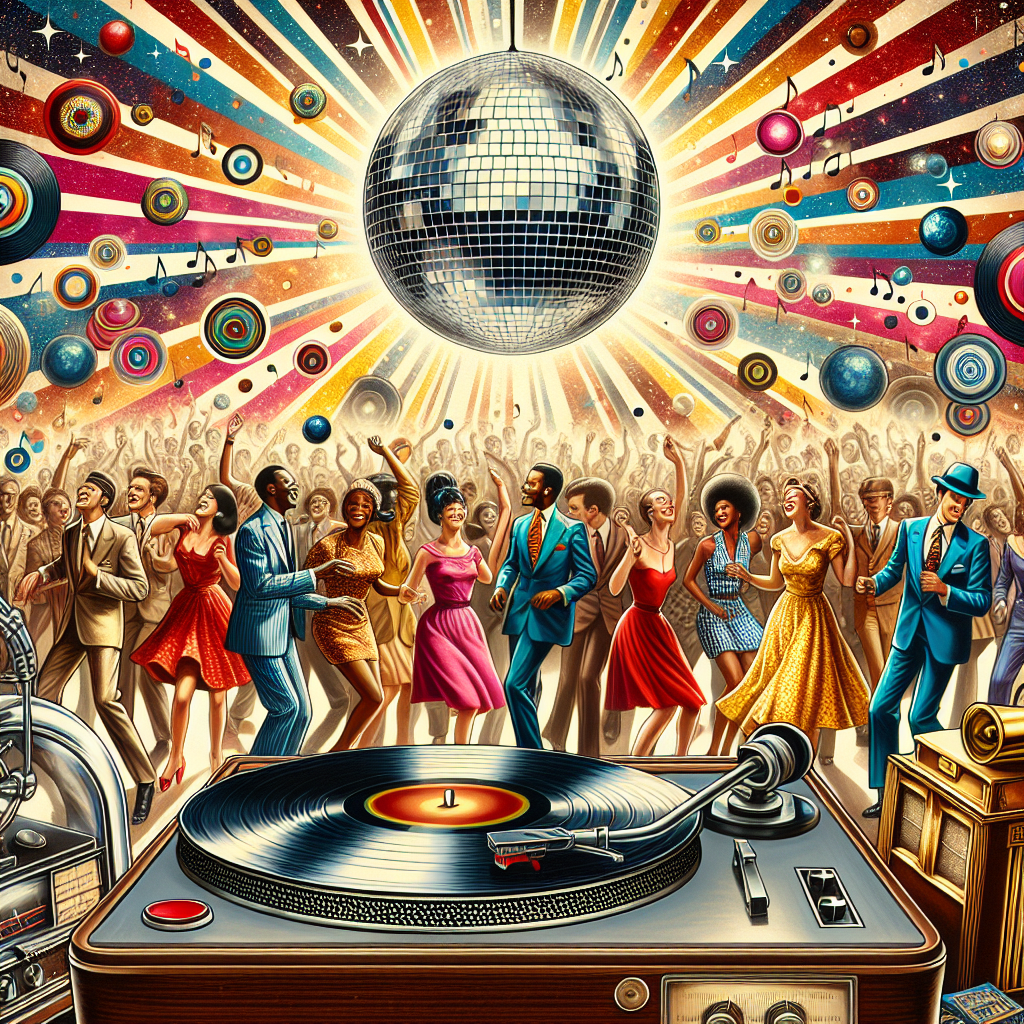Music has always been a powerful tool for expressing social and political messages, and the 1960s and 1970s were no exception. During this time period, music played a significant role in shaping culture, influencing politicians, inspiring fashion trends, and even driving technological advancements.
One of the most notable aspects of music in the 1960s and 1970s was its ability to bring people together and unite them around common causes. Songs like “Blowin’ in the Wind” by Bob Dylan and “Give Peace a Chance” by John Lennon became anthems for the anti-war movement, while artists like Joan Baez and Pete Seeger used their music to advocate for civil rights and social justice.
Politicians also took notice of the power of music during this time period. In fact, many politicians actively courted musicians and sought their endorsement in order to appeal to younger voters. For example, Richard Nixon famously invited Elvis Presley to the White House in an attempt to boost his popularity among young Americans.
In addition to its social and political impact, music from the 1960s and 1970s also had a significant influence on fashion trends. Musicians like Jimi Hendrix and Janis Joplin became style icons, with their distinctive looks inspiring countless imitators. The psychedelic colors and bold patterns that were popular during this time period can still be seen in fashion today.
Furthermore, advances in technology during the 1960s and 1970s revolutionized the way that music was created and consumed. The invention of the electric guitar allowed musicians to experiment with new sounds and genres, while developments in recording technology made it easier for artists to produce high-quality albums. The rise of FM radio also gave musicians a wider platform for reaching audiences around the world.
Overall, the social and political impact of music in the 1960s and 1970s was overwhelmingly positive. Music brought people together, inspired change, influenced fashion trends, and drove technological advancements. Artists used their platform to speak out against injustice, promote peace, and advocate for equality.
Even today, we can see echoes of this influential era in contemporary music. Artists continue to use their voices to address important issues facing society, from climate change to racial inequality. The legacy of the music from the 1960s and 1970s lives on as a reminder of the power of art to shape culture and drive positive change.


Get involved!
Comments